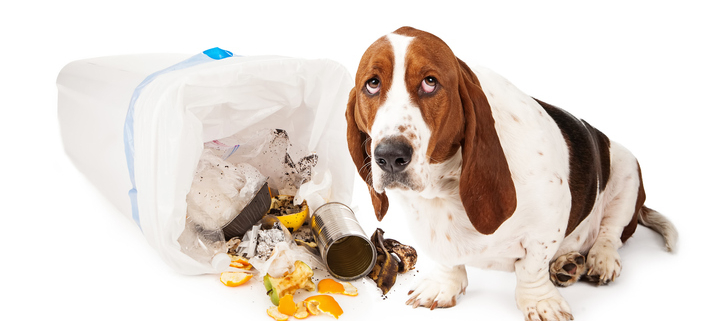Understanding Dogs and Their Attraction to Eating Waste
Dogs are renowned for their curious nature and tendency to explore the
world through their senses, including their sense of taste. One
behavior that can cause concern for pet owners is their dog’s
attraction to eating waste. Whether it’s garbage, discarded food, or
even their own feces, this behavior, known as coprophagia, can be
perplexing and unsettling. While it might seem unappetizing to humans,
there are several reasons why dogs might engage in this behavior.
Instinctual Origins
In the wild, canines are natural scavengers, and this inclination can
still be observed in our domesticated companions. v, allowing dogs to
consume any available nutrients or calories. However, the modern
domestic dog’s diet is usually well-balanced and nutritious, making
this behavior less essential. Still, the instinct to scavenge might
persist, leading dogs to investigate and sometimes ingest waste.
Underlying Health Factors
Pet owners must recognize that coprophagia might indicate underlying
health issues. Some dogs might engage in this behavior due to
malnutrition, digestive problems, or parasites. If a dog suddenly
develops a habit of eating waste, it’s recommended to consult a
veterinarian to rule out any medical concerns. Ensuring a balanced
diet and addressing health issues can reduce a dog’s attraction to
waste.
Preventive Measures and Training
To discourage coprophagia, pet owners can take preventive measures.
Keeping the environment clean and disposing of waste properly reduces
the likelihood of access. Additionally, providing mental and physical
stimulation through proper exercise, play, and puzzle toys can help
divert a dog’s attention away from waste. Basic obedience training can
also be beneficial, as it helps establish boundaries and reinforces
the dog’s impulse control.
In conclusion, while dogs’ attraction to eating waste can be puzzling
and even concerning, it often has origins in their instincts and
behaviors from their wild ancestors. Recognizing the potential health
implications and taking appropriate preventive measures can help
address this behavior. Consulting a veterinarian or a professional dog
trainer is recommended for a comprehensive understanding and tailored
solutions.



